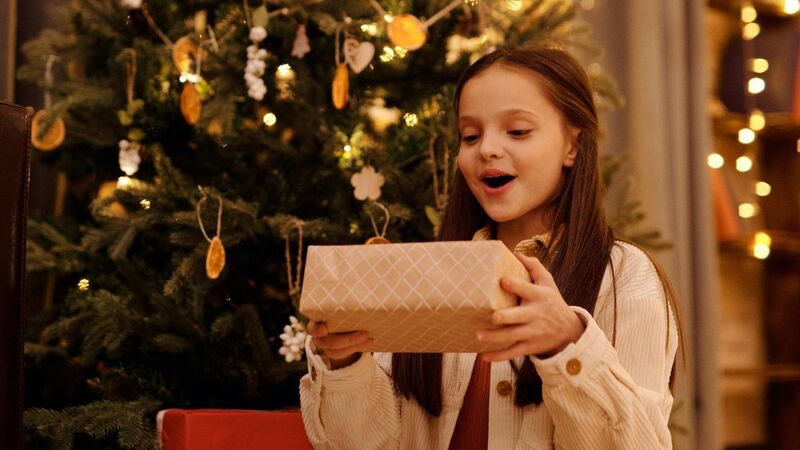Our Christmas traditions: 'We open one present at a time. It takes hours'

Picture: Nicole Michalou / Pexels
On Christmas Eve, Aileen Hickie’s five children still go to bed before her and her husband, Matt — even though two are in their 20s and the others are aged 19, 17, and 15.
The couple has maintained the same rituals through the years.








